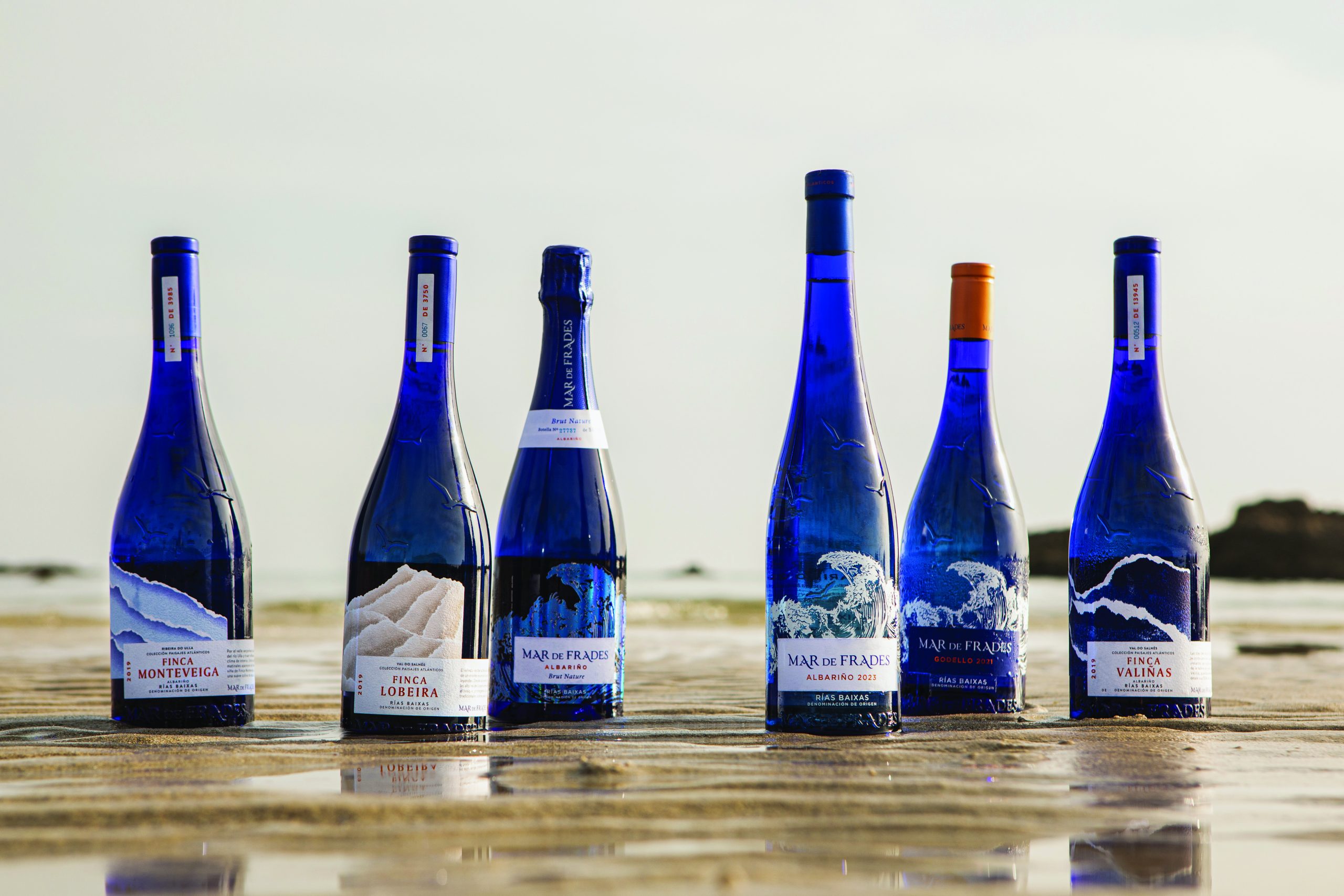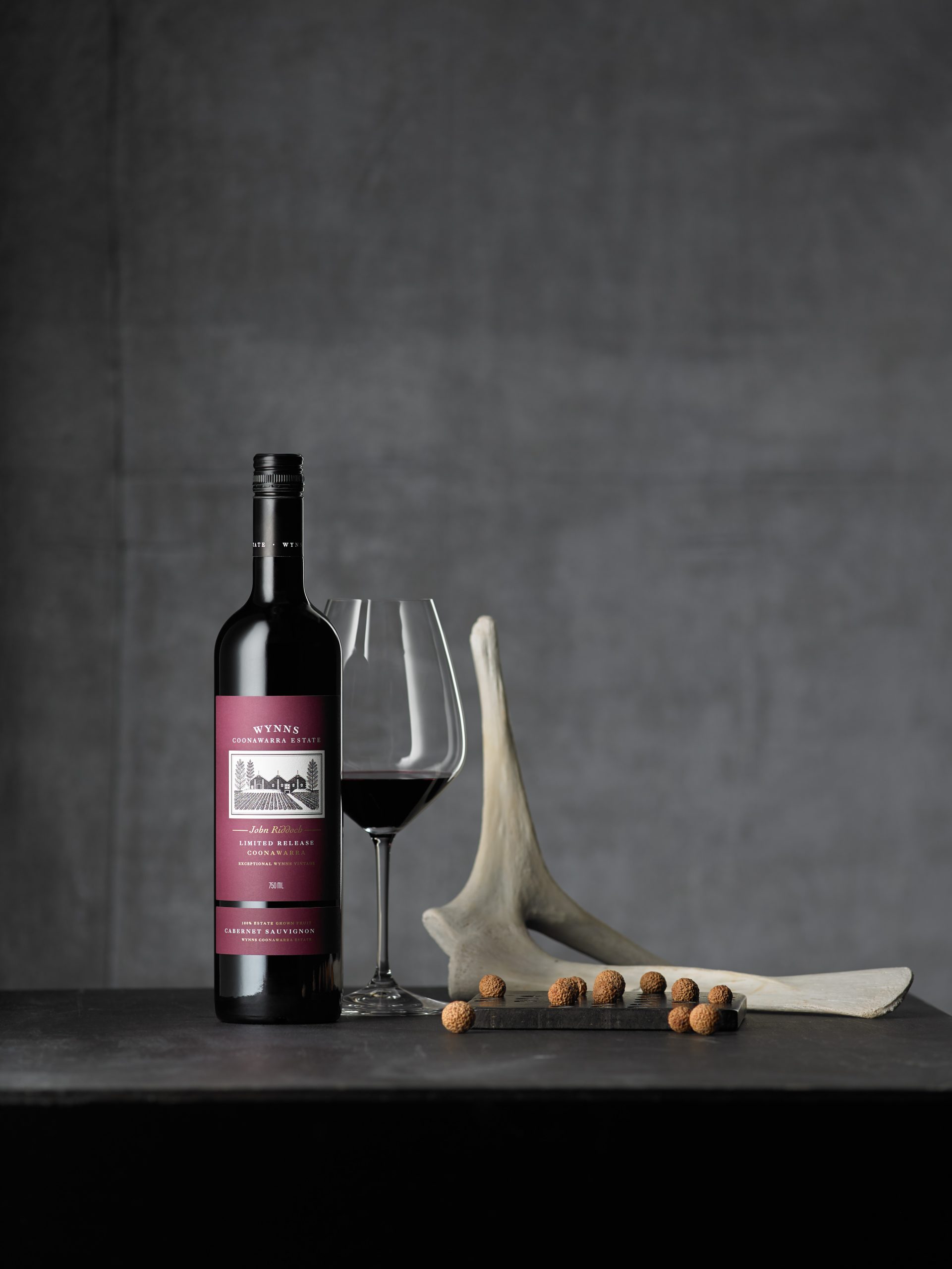UK brewer sets sights on global domination of low-ABV beer category
Big brewers have already successfully started to cash in on the rise in popularity of low-ABV beers, but one UK brand is proving smaller businesses can also thrive on the wellness trend.
UK-based Big Drop Brewing, which exclusively makes low alcohol beers at 0.5% ABV, is about to launch a crowdfunding campaign to raise £1m in order to set up business in the US.
Rob Fink, the brewer’s co-founder, said he believes his business can do “for alcohol-free beer what the craft beer revolution had done for, well, beer.”
The campaign, which will launch on Seedrs in February, calls on fans of the brewer to donate up to £500,000 to help fund its expansion in Australia and the US, as well and rolling out its range of low ABV beers on-draught throughout the UK.
The company’s range of beers includes a stout, pale ale, IPA, and lager, which sold in major retailers and pub groups including Mitchells & Butlers (which runs chains All Bar One and Castles), Fullers, Youngs, Brewhouse & Kitchen, and Barworks. It is also sold in over 1,000 international stores including Alco in Finland, and LCBO in Canada.
Big Drop has a decentralised production model, whereby they partner with breweries around the world to produce their beer. Besides wanting to sell their beers in Australia and the US, the firm also wants to forge more partnerships with international brewers.
“We can increase customer awareness, build up our capacity and expand our catchment area, especially on draught,” Fink said.
Low ABV beer market in 2020
Sales of non-alcoholic beer are expected to top US$25 billion by 2024, according to research from Global Market Insights.
The category is already growing fast. In the summer of 2018, sales of alcohol-free beer rose 58% compared to the same period last year, according to Kantar data, while sales of beer with an ABV below 2.8% have risen 381% since 2017.
While sales have soared over the past five years, the cost of machinery that can remove alcohol and the need to develop beer recipes designed for de-alcoholisation makes it an expensive product. Giants such as AB InBev, Carlsberg and Heineken that have reaped the rewards by rebranding and re-working the recipes on the de-alcoholised brews that are already part of their portfolios.
Big Drop’s brews are classed as “low alcohol” in the UK due to their alcoholic content sitting above 0.05% ABV (the threshold for “low alcohol” is between 0.5% and 1.2% ABV), but come in more varied styles than are currently available on the market.
Partner Content
The company doesn’t have its own brewery, but instead contract brews in batches through a network of brewing partners.
This means Big Drop is able to produce a range of styles based on that particular brewer’s strengths, he beer is fresher as it is brewed locally, and carbon emissions are cut due to less haulage.
It has also made it possible for Big Drop to launch a collaboration series of more unusual beers with brewers such as Fourpure in south London, Fyne Ales from Argyll, and SALT from west Yorkshire.
One problem is that the alcohol itself imparts much of the flavour and rich mouthfeel consumers expect from a beer. De-alcoholised beers can come across thin or lacking balance.
“There’s always been alcohol-free beer but it’s never been any good before” Fink said. “We wanted to fix that. We started this company because our own lifestyles had changed. James and I had recently become fathers, and the lower-alcohol beer we wanted just wasn’t there.”
Fink and co-founder James Kindred also recruited experimental brewer Johnny Clayton, who used to work for Wild Beer Co., to perfect a “radical new brewing technique” that allows Big Drop to ferment without producing too much alcohol. The recipe calls for 20 different base grains such as rye, oats, barley and wheat, to replicate the body of a full-strength beer. Brewers typically use two or three different grains for a regular brew.
The company boasted close to £1 million turnover in 2019, with 40% of this output destined for export. Much of investment comes from crowdfunding. In January last year, Big Drop Brewing received £500,000 in funding after seeing its sales grow by 775% throughout 2018.
Big Drop is one of few companies that sells low ABV beers on draught, launching a Citra IPA on-tap in Brewhouse & Kitchen last year. Fink believes this will be crucial for the longevity of the low-alcohol and non-alcoholic beer category.
St Peter’s brewery sells its 0.0% ABV offering in draught format at a few UK pubs already, while Heineken’s 0.0% beer is also available in keg.
Speaking at the Lo & No Beverage Summit in London last October, Fink said draught will “be absolutely key for us.”




